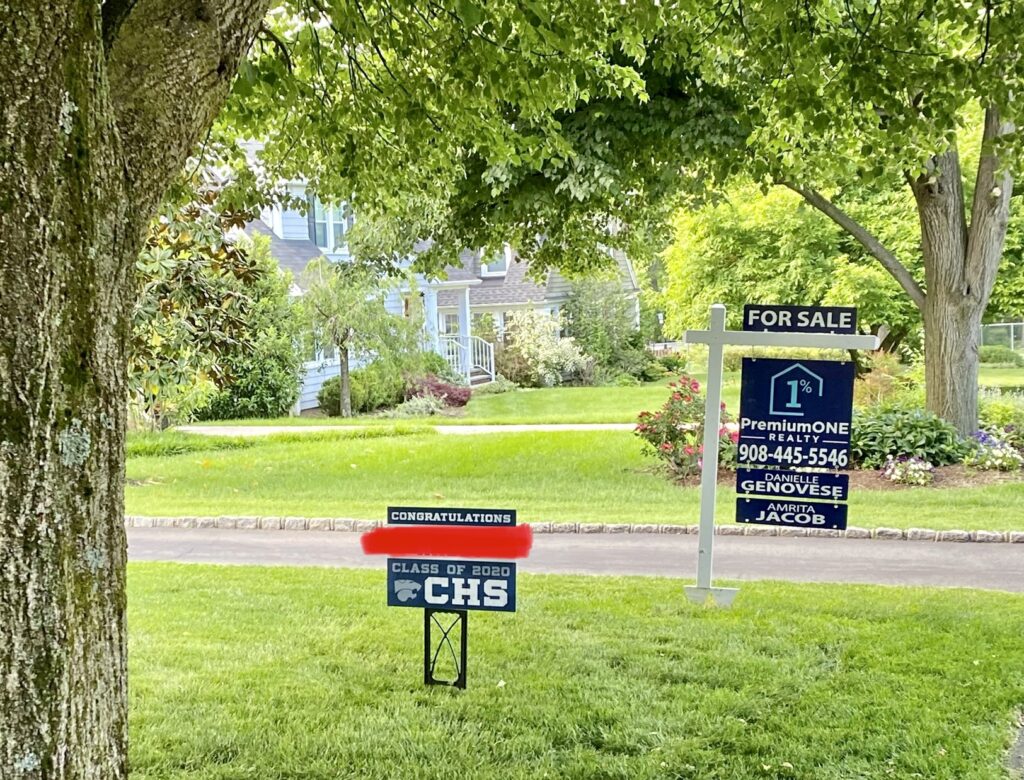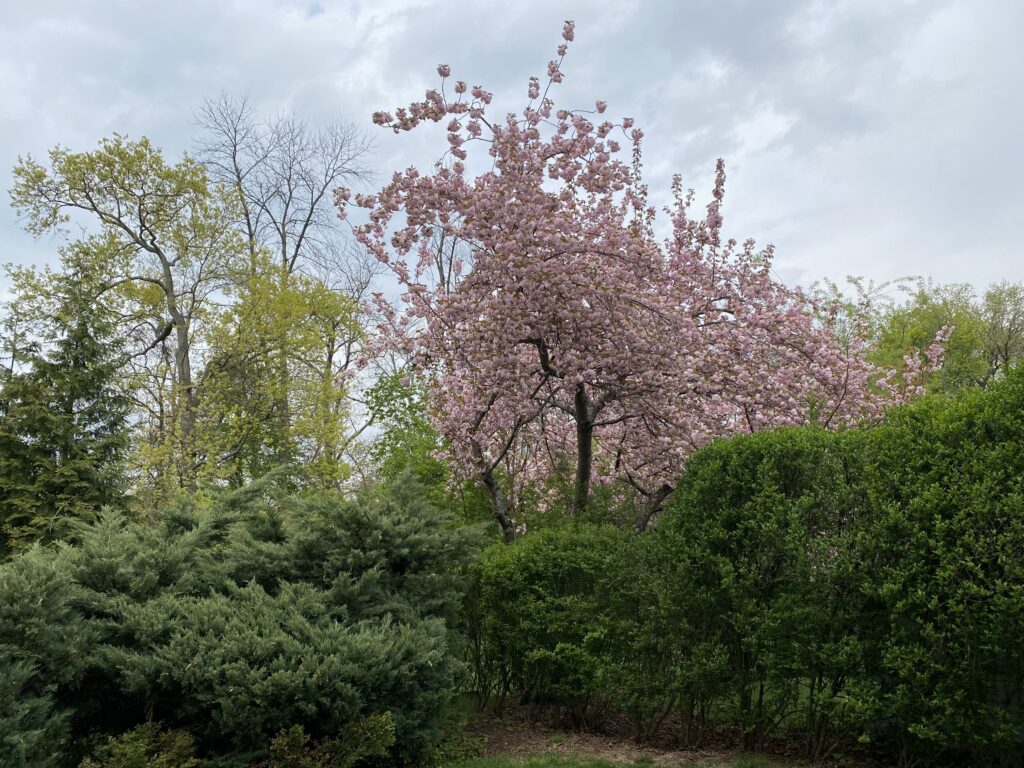When you pay property taxes to Chatham Borough or Township, approximately two thirds of your tax dollars go to pay 90% of the cost of running the Chatham schools – around $86 million per year.
That’s a big deal, because how the School Board chooses to spend your tax dollars pretty much determines the quality of education your children get – and the resale value of your house.
How will the School Board opt to spend your money next year? How much will they raise your property taxes?
Find out this Monday, April 24, 7:30 pm, when our School Board votes on the 2023/2024 budget.

Ever wonder who is responsible for making sure our school tax dollars are well spent?
Certainly not our Chatham Borough and Township officials. Yes, they collect the property taxes, but they have no control over the amount of money that goes to the schools – or how it’s spent.
Almost equally powerless are Chatham Borough and Township residents. Sure we pay the property taxes, but we have virtually no control over how the School Board spends our money.
Why? Because we lost control of our schools in 2015, when our School Board decided to stop letting us residents vote on the annual budget.
(For details, click here: https://chathamchoice.org/2015/10/lost-your-right-to-vote-on-the-school-budget/ or go to the 1 hour 46 minute mark here: https://www.youtube.com/watch?v=Rbel8dtNRMc)
Since 2015, Chatham parents and residents have had a voice in the operation of our schools only on the rare occasions when the School Board was looking to exceed last year’s budget by more than 2%. That’s rare because the 2% cap excludes certain frequent increases in health and pension costs.
Result? The Chatham School Board is seldom held accountable to anyone.
Consider the $86.3 million budget (linked below) that our School Board expects to adopt at its April 24 meeting. That budget fills 103 pages but it isn’t terribly illuminating. (What, for instance, are the “other purchased services” that are up 100% over last year? p. 13, Line 78100)
Even if there were something dreadful buried in those pages, Chatham residents couldn’t stop it, because the increase over last year’s budget falls under the 2% cap.
And that cap is elastic. For instance, this year’s proposed budget includes a cap bank, which will allow the School Board to exceed the 2% cap by $1 million next year – without triggering a vote on the budget. (p. 31)
Most troubling is the way the proposed budget treats capital spending. It shows a “decrease in capital improvements” next year (p. 13), when in reality the School Board plans to raise our property taxes so it can spend an extra $850,000 on security doors. (p. 32)
The proposal to build security doors falls outside the 2% cap because the School Board has decided to let Chatham residents vote on it next November, along with a proposal to spend an extra $975,000 on full-time teacher’s aides {paraprofessionals.) (p. 33)
Both of those so-called “second questions” seem like worthy causes. If the School Board cannot cover them in the regular budget, then taking them to the voters in November is the right thing to do. But the way the School Board has done it is wrong.
Trouble is, the School Board has positioned both proposals as permanent increases in our property taxes, and in the base budget used to calculate the 2% annual increases going forward, which will yield even higher property taxes.
That may be fine for paying full-time paraprofessionals, because that’s a recurring expense. It is not fine when it comes to installing the security doors, a one-time expense that cannot justify a permanent increase in the school budget.
What would the School Board do with that money in subsequent years? The second question about the security doors doesn’t say.
Why would we allow the School Board to raise our taxes permanently by $850,000 (plus 2% annually forever) without explanation?
That doesn’t seem to comply with NJ Fiscal Accountability law, which forbids using such a proposal to raise money for “any capital outlay(s) necessary for health and safety reasons” Section 6A:23A-12.1 (a)(3) and requires such proposals to be worded clearly, “specifically identifying the program purposes” Section 6A:23A-12.1 (a)(6) https://casetext.com/regulation/new-jersey-administrative-code/title-6a-education/chapter-23a-fiscal-accountability-efficiency-and-budgeting-procedures
The solution is for the School Board to edit the second question to make the purpose explicit, fit the security doors into its regular budget, or else simply reframe that proposal as a one-time expenditure.
If the Board refuses to make that simple correction, we’ll face a tough choice in November: either vote down the security doors or accept a permanent increase in our property taxes for no clear purpose.
See the proposed budget here:
You can find budget summaries here:
https://www.chatham-nj.org/domain/1622
